
10 years ago, at Gamescom, Chris Charla helped announce the creation of ID@Xbox, a new program that sought to lower the barrier of entry for indie developers on Xbox, and – in his own words – “mainstream indie games onto the platform”, by removing the distinction between titles created by major publishers and those by independents.
10 years later, at Gamescom, Chris Charla is celebrating the success of that venture. More than 3,000 games shipped, more than $4 billion paid out to developers, and another 3,000 titles in active development. It’s been a whirlwind – and you can see the fruits of that labor in a new mini-documentary about ID@Xbox’s 10th anniversary (which you can watch above).
“When you pause and look back at what the team has accomplished, and what developers have accomplished on Xbox over the last 10 years; it’s ridiculous,” the ID@Xbox director tells me. “I mean, it’s just ridiculously awesome.”
Charla admits that the scale of ID@Xbox, and how quickly it began to take off, means he and his team very rarely get a chance to stop and look back at what’s been achieved. Being able to take that time now seems to have been a revelation. Charla points to how ID@Xbox has been a part of a journey that’s seen indie games go from a piece of the Xbox platform to an integral part of everyday gaming. A key success, for Charla, is that he meets players who don’t identify as ‘indie gamers’, and yet unknowingly play ID@Xbox games all the time. Games are just games – and ID@Xbox’s role has been to help introduce them to people who might otherwise have never found them.
Charla sees that reflected within Xbox too – in the early days of ID@Xbox, our own showcases would include an ID@Xbox section, designed to show off what’s going on within the program. “We still do have those montages,” Charla explains, “But at our summer showcase, there’s a heck-tonne of games from independent developers featured on stage, but we don’t group them together anymore. I think that moment was definitively proven four years ago when we had Keanu on stage talking about Cyberpunk 2077 – and the very next game after that ‘breathtaking’ moment is Spiritfarer. No one had a problem with that shift. I just love that contrast and dichotomy between those two games, but that it felt so right is, to me, the moment where it was just definitive that these games just were living in the right place.”
With so much history – and so many games – between now and the inception of ID@Xbox, I wanted to give Charla another chance to look back on what he, his team, and their many developer partners have helped bring to Xbox players over the years. So I worked up a series of thought-starters – these are the best, most surprising and downright strangest games and stories of Chris Charla’s decade in indie:
The First ID@Xbox Game You Worked On

“Strike Suit Zero. That was the first one that came through the program. And that team was amazing. It was very hand done in the early stages. I don’t think it’s a secret that the Xbox One came in kind of hot, and, and so there was a lot of work by hand. And they knew what the challenge was going to be, and they signed up for it. We were like, ‘Hey, this is gonna be tricky. And they were like, ‘We’re down.’ And it worked out.”
Your Biggest Surprise from ID@Xbox’s History
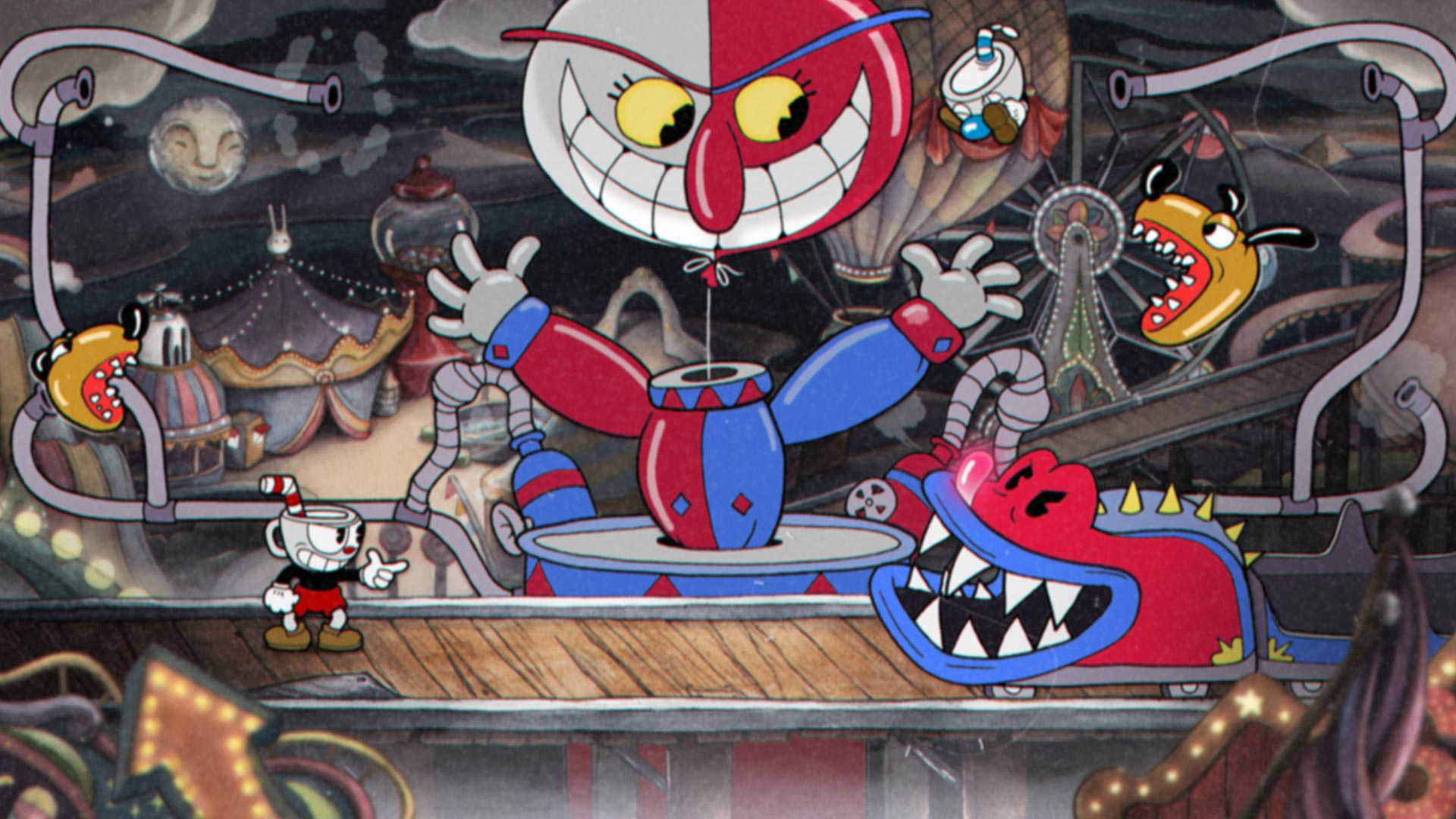
“I can’t name just one. I will say that how freaking good Cuphead is was a surprise. It was their first video game, and to go up into the Major Leagues, and hit a home run at your first pitch your first at bat… When we first started to play it, we knew it was going to be fun. But we didn’t realise that they were making an absolute masterpiece.
“But I think the surprises I really love are the ones that are games like Shotgun Farmers. We knew Shotgun Farmers was in development, we’d been talking to the devs, but we did not expect the game to be on the Xbox best-selling charts for weeks after it launched, just on the back of how good the game was, and what a great job that developer did with viral marketing. There are tonnes of surprises like that.”
An ID@Xbox Game That Went on to Influence AAA Developers
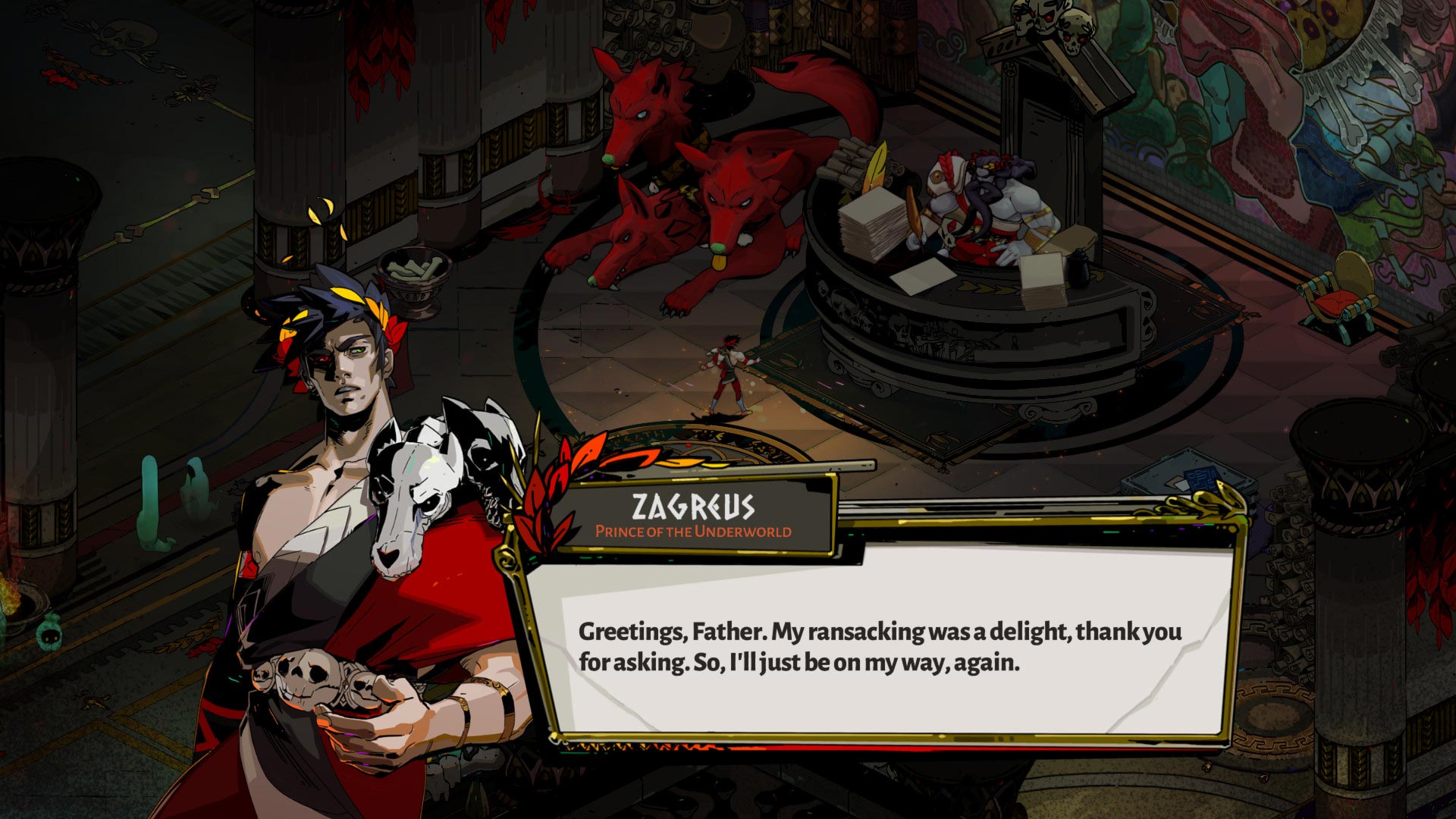
“Anybody who’s worked in the game industry for any amount of time knows that there are periodic ‘hot games’ and, for years, people will be like, ‘Well, we’re adding some Soulslike elements’, or, ‘Well, it’s like Tony Hawk but…’ That’s just totally normal: designers play a game, it’s in the consciousness and affects games that come after it, which is fantastic.
“Well, a couple of years ago, I was in a conversation with a big third party publisher talking about their next game and they were like, ‘You know, our inspiration for this one is really Hades.’ It was very cool. It was very appropriate for the game that we were talking about, but in the back of my head, it was just like, ‘Oh, they’re actually referencing an indie game’. An indie game from a big independent developer – but still, an indie game is now really influencing the AAA world. That was a moment, I have to admit, where I had a little smile inside.”
A Genre You Never Expected to See Before ID@Xbox Helped it to Come to Life
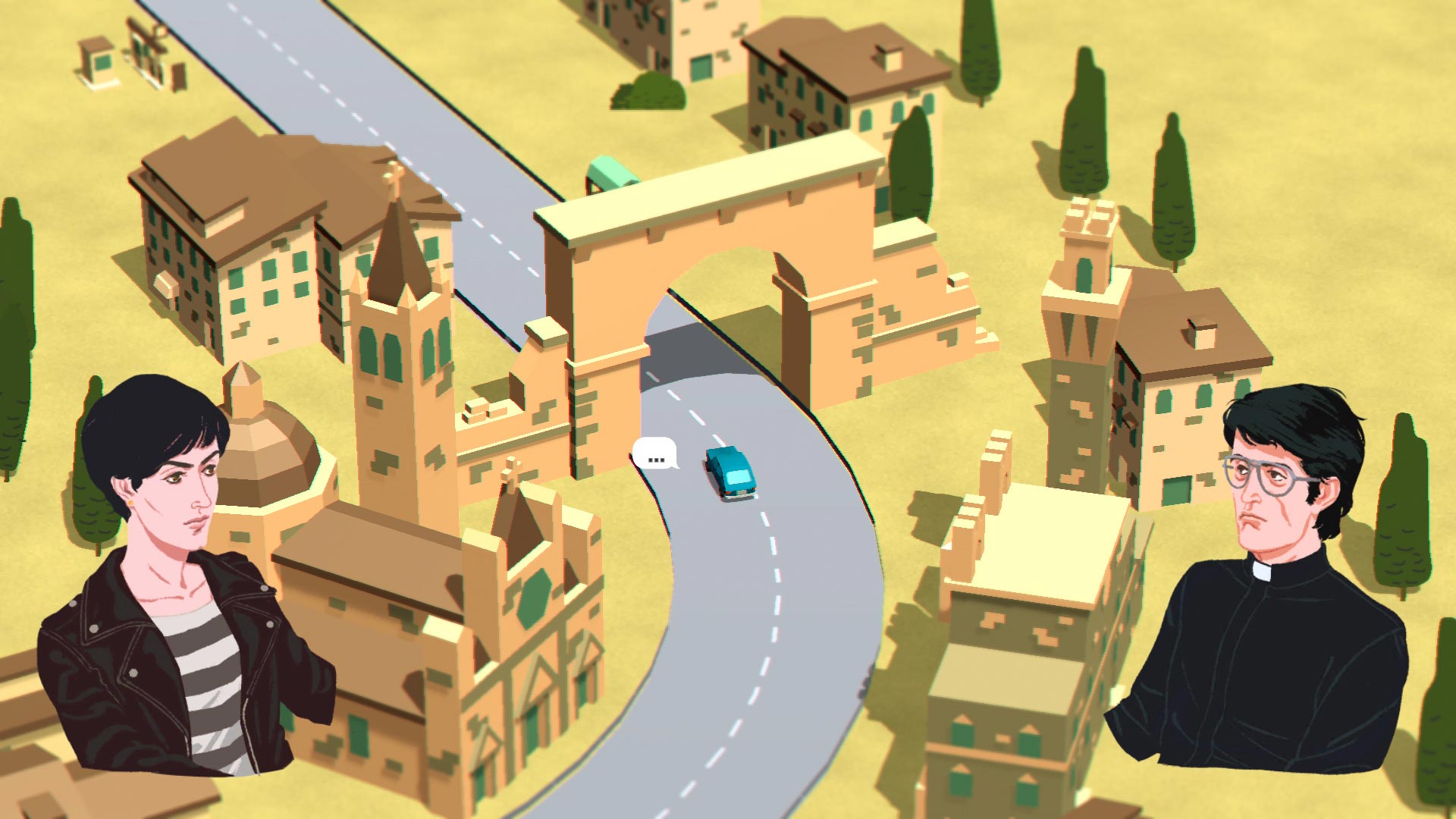
“There are some games that I think are just pushing what it means to be a video game in really, really interesting directions. I’ll go back to Wheels of Aurelia. In one sense, it’s a simple visual novel, but in another sense, it’s just a mind-bendingly strange narrative game. It’s pretty edgy, so it’s probably not for everybody, but that’s the kind of game that I never would have expected.
“And Tunic is a game where you look at it and you know, on the surface, it’s ‘Zelda with a fox,’ but when you start to get into it, you realise it’s a game that delivers on the promise of what you thought games were going to be like when you heard about them at the schoolyard, when you heard about their secrets. It has an adult delivery of a childlike expectation of secrets. I never would have expected to see that from anyone, let alone like a solo dev.”
A Favorite ID@Xbox Developer Story
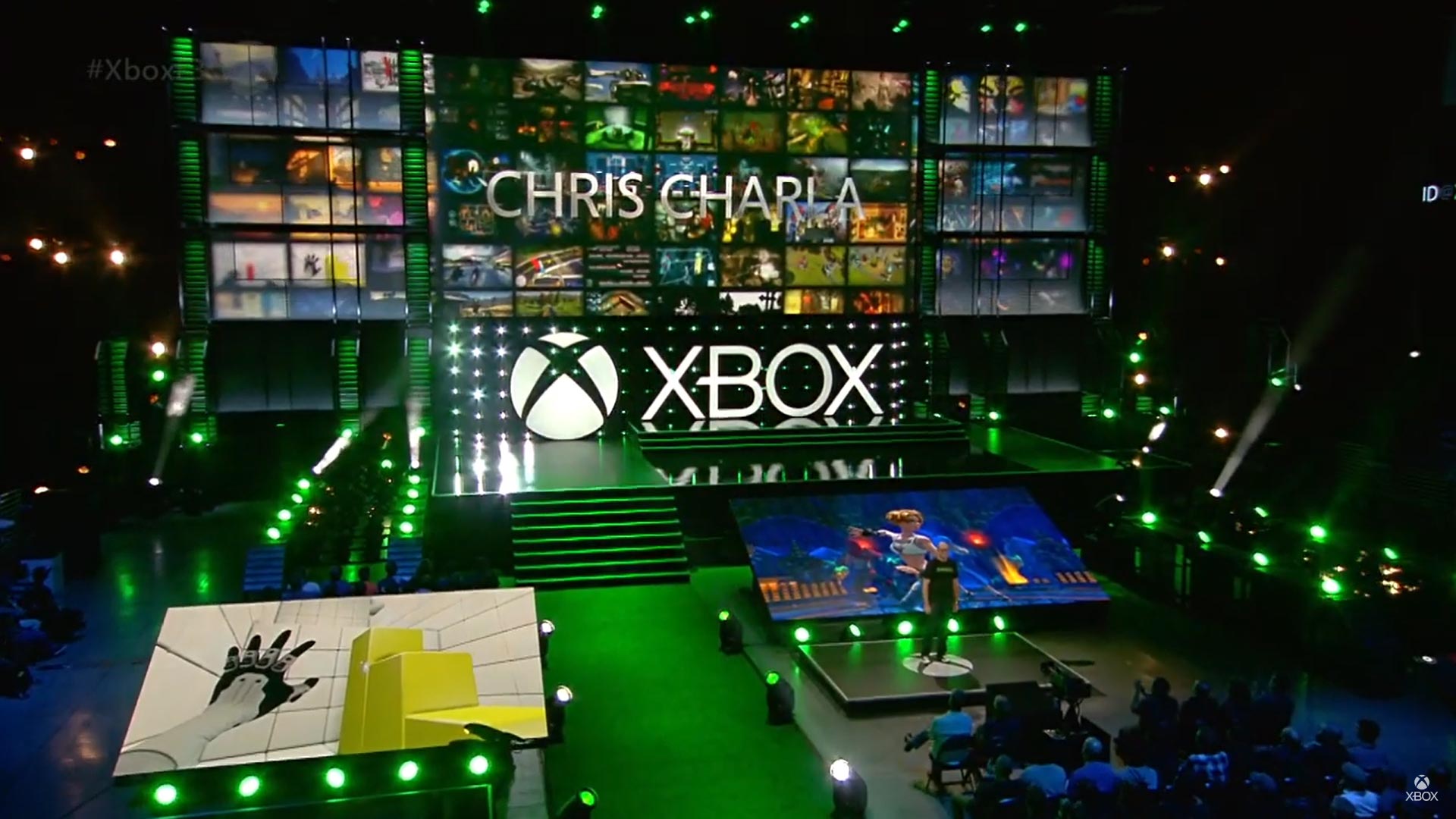
“A lot of times my favourites, they’re not always the best games, because we get the benefit of knowing the full backstory every developer went through. I’ve told this story before, but there’s a dev who had never made a game, he was working in a warehouse to support his wife who’s in school, and she was like, ‘You should take the time to make a game’. He taught himself Game Maker, made a game – objectively not the world’s greatest game – but he got into ID@Xbox, shipped the game and it really changed the course of his working life. He was able to ship more games through ID@Xbox and eventually got a job with a publisher – so to me, that’s one of my favourite ID@Xbox games, even though if you played it, you might be like, ‘This is solid, it’s not the best game,’ but getting to getting to know those backstories is just tremendous.”
Is There a ‘Pantheon’ of Games from ID@Xbox That You See as the Inspiration for New Developers Looking to Join the Program?
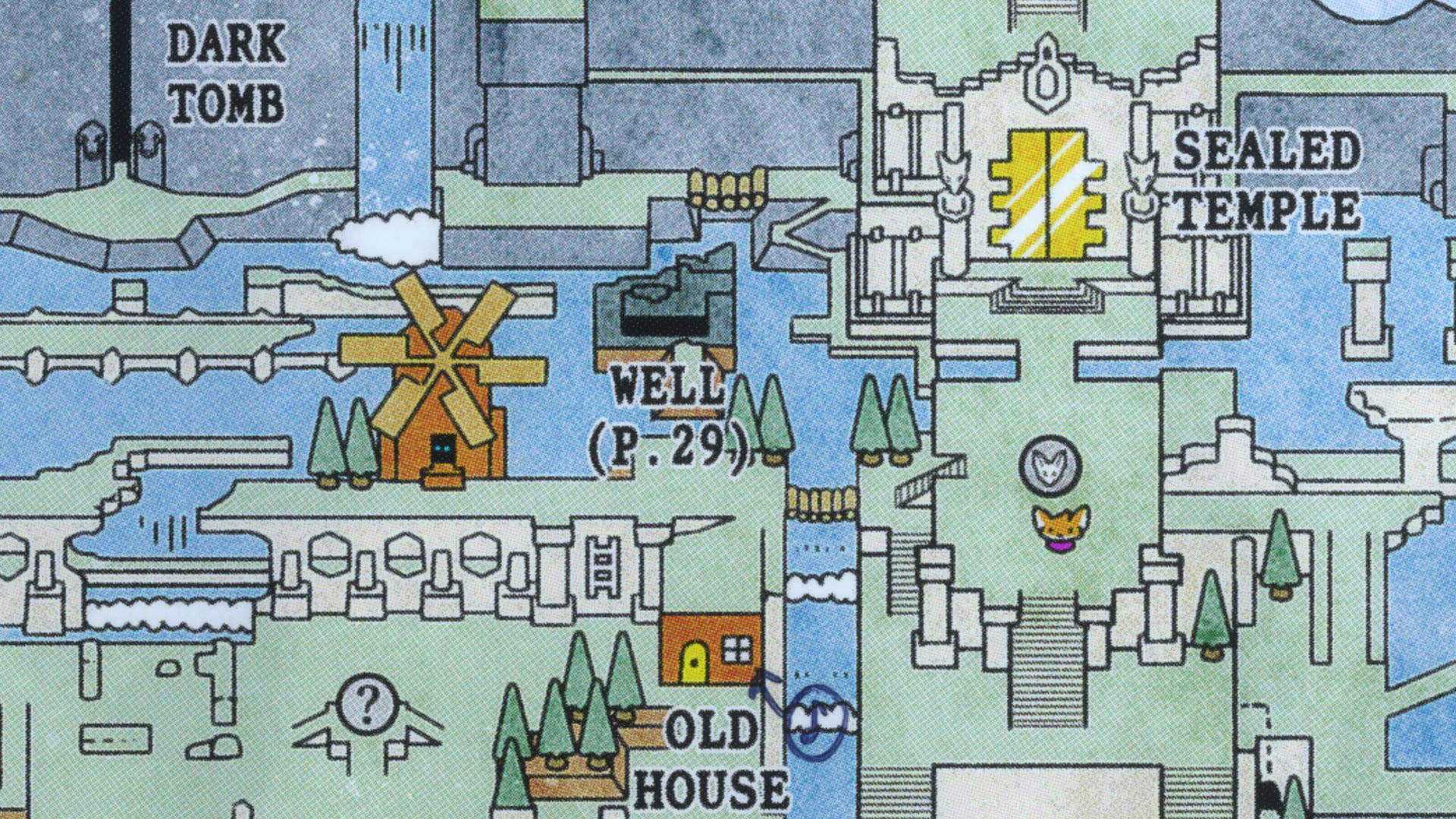
“There absolutely is, and should be. Now, I’ll just caveat that by saying that after any discussion like this, you’d probably mix this up all over the place, but right now I would say I’d put in Tunic, I’d put in An Airport for Aliens Currently Run By Dogs, I’d put in Cuphead, and then I’d probably put in Ark: Survival Evolved – that’s a great example of a studio that started very quickly and worked really quickly to put something together and have had really sustainable long term success. I would put the entire Kemco JRPG line – which we now have as a bundle! – because I just think it’s so cool that they’ve achieved that level of success.
“Oh there’s just so many, it’s really tricky. Hades! Rocket League started life in the ID program. Ultimate Chicken Horse needs to be on there someplace. There’s so many games, it gets really, really hard. That’s what’s so fun about these kinds of questions is that you can debate them endlessly and end up with, you know, 2000 gods in your Pantheon.”


